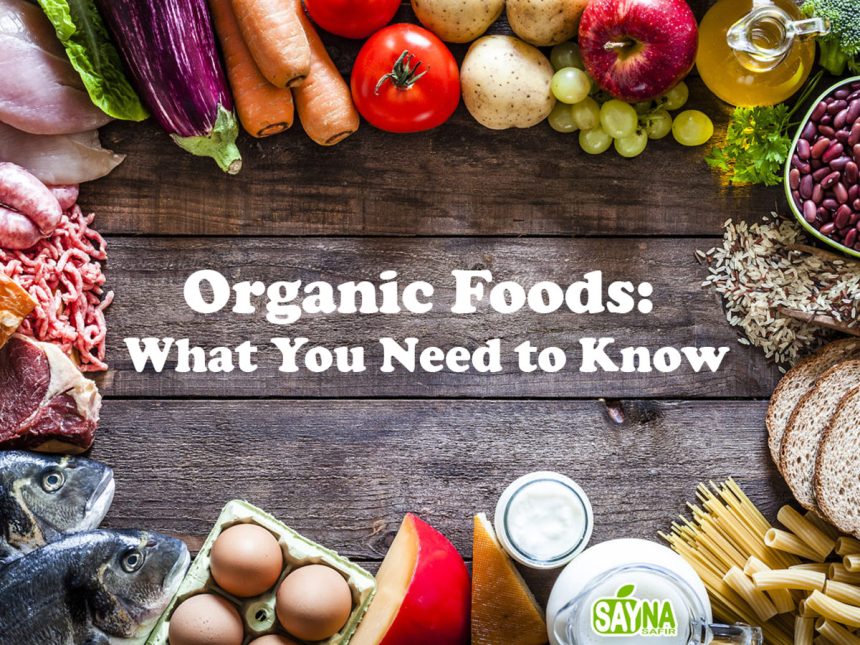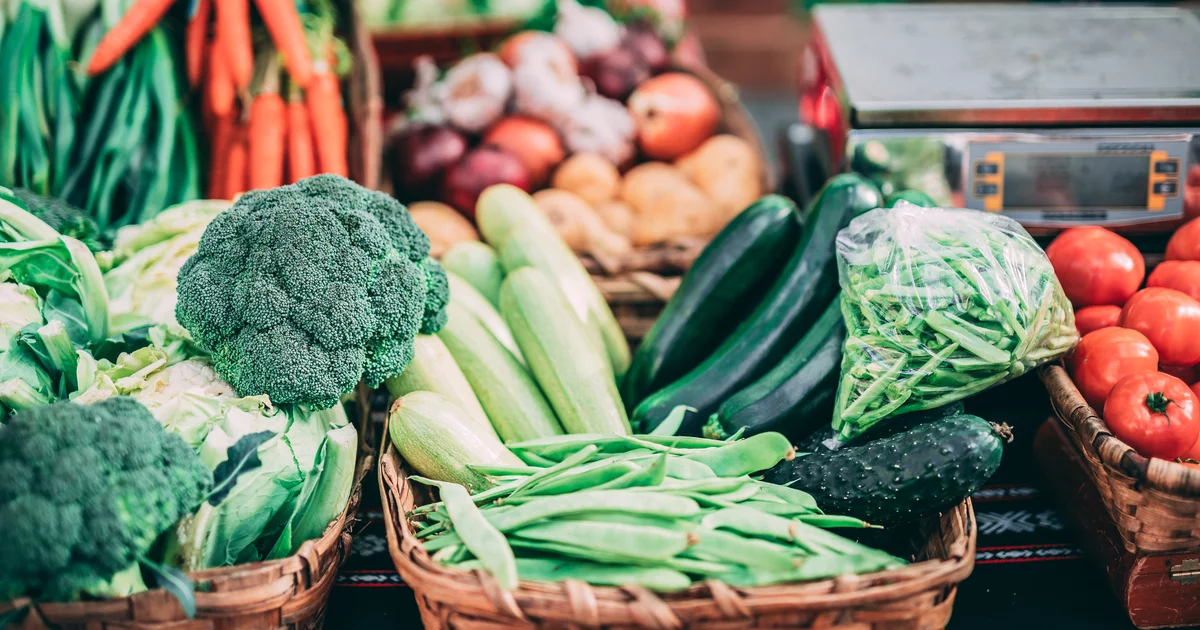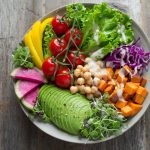Is organic foods healthy? Is it worth the price? Find out which labels and foods give you the most bang for your buck.
What does “organic” mean?
The word “organic” refers to the cultivation and processing methods of agricultural products. While regulations vary by state, crops in the United States must be grown without chemicals, pesticides, fertilizers, or bioengineered (GMO) seeds.
Animals raised for meat, eggs and milk must be raised in accordance with their natural behavior (such as the ability to eat and graze) and must be provided with food and fodder. They cannot give antibiotics, growth hormones or animal products.
Organic vs Inorganic
Benefits of organic food
The way you grow or grow your food can have a major impact on your mental and emotional health, as well as the environment. Organic foods often contain more beneficial nutrients such as antioxidants than their conventional counterparts and are rich in beneficial nutrients, chemicals or antibiotics. Therefore, their symptoms diminish or disappear.
Natural products contain fewer pesticides. Chemicals such as synthetic fungicides, antibiotics and pesticides are widely used in agriculture and have residues in (and in) our food.
This food is fresher because it does not contain preservatives that extend its shelf life. The product is sometimes (but not always, so check where it comes from) produced in a small outlet.
Agriculture is better for the environment. Agriculture can reduce pollution, save water, reduce soil erosion, increase soil fertility and use less energy. Farming without pesticides is good for the birds and animals in the area, but also for the people who live near the farms.
These large animals do not provide antibiotics or growth
Hormones or animal products you eat. Eating animal products increases the risk of BSE and the use of antibiotics can cause resistance to the bacteria. Animals raised differently are allowed to move and go outside, which helps keep them healthy.
Meat and dairy products can be high in some foods. The results of a 2016 European study showed that levels of certain nutrients, including omega-3 fatty acids, are up to 50 percent higher in the body and higher in milk than strong data.
Organic food is GMO-free. Genetically modified organisms (GMOs) or genetically modified foods (GEs) are plants whose DNA has been altered in a way that does not occur in nature or by conventional breeding, much for the production of antibiotics or pesticides.
Organic food versus local food
Unlike the biological process, there is no definition of “local food”. It can grow in your region, state, province or city. For most of the year, she often grows food around the house at places such as farmers’ markets.
The benefits of local food
Money: money in a country’s economy. More money goes directly to agriculture rather than to things like marketing and distribution.
Transportation: In the United States, for example, the average distance from farm to intersection is over 1,500 miles. The plant should only be brought in during growth and sanitized after transportation to “cook”. Or food is processed in factories with food, electricity and more.
Fresh: Local food is harvested when ripe and therefore fresh and delicious
Some rural smallholders use organic methods but may not be able to afford additional organic inputs. Go to supermarkets and talk to farmers about their methods.
Understanding GMOs
The ongoing debate about the impact of GMOs on health and the environment is controversial. In most cases, GMOs are developed to produce food crops that are resistant to herbicides and/or produce pesticides. For example, the majority of sweet corn consumed in the United States is genetically engineered, such as Roundup, and will be resistant to pesticides pesticide to produce their of be toxin.
GMOs are also common in U.S. crops such as soybeans, alfalfa, squash, butternut squash, papaya and canola and are found in the breakfast cereals and processed foods we all eat. If the ingredients in the package contain corn syrup or soy lecithin, it likely contains GMOs.
GMOs and pesticides
The use of toxic herbicides such as Roundup (glyphosate) has increased 15 times since the introduction of GMOs, even though the World Health Organization has declared glyphosate a “harmful disease”. However, the level of health risks caused by pesticide use is controversial.
Are GMOs safe?
Although the US The Food and Drug Administration (FDA) and the biotech companies that make GMOs say they are safe are not. But many food safety advocates say there are no long-term studies to confirm the safety of GMO use, while some animal testing has shown that GMO consumption has caused damage to internal organs.
GMOs are associated with an increased risk of food allergies and digestive problems in humans, but many believe that mutations in plant or animal DNA can increase cancer risk. However, research to date is inconclusive.
Do you mean organic without pesticides?
As mentioned earlier, one of the main benefits of organic food is the reduction in pesticide content. Despite widespread recognition, organic farms still use pesticides. The only difference is that they only use natural pesticides. Not the synthetic ingredients used in traditional commercial farms. Although natural pesticides are less toxic, some of them have been found to be hazardous to health. However, eating organic foods reduces exposure to harmful pesticides.

What Are the Potential Dangers of Pesticides?
Many of us are exposed to pesticides that build up in our bodies after years of exposure. and additional stress on a weakened immune system.
Some research suggests that even small amounts of pesticides may increase the risk of certain cancers, such as leukemia.
Babies and fetuses are often treated with pesticides because their immune systems, bodies and brains are still developing. Exposure at a young age can lead to developmental delays behavioral disorders, autism, immune system damage and abnormal activity.
Pregnant women are more susceptible because stress from pesticides aggravates their stressed organs.
The widespread use of pesticides also creates “weeds” and “super germs” that can only be killed by toxic compounds such as 2,4-dichlorophenoxyacetic acid.
Is the pesticide washed off and peeled off?
Washing fresh fruits and vegetables reduces, but does not remove, pesticides. Sometimes exfoliation can help. But the essential nutrients are always with the skin. Best Way: Eat a variety of foods. Wash and scrub all products thoroughly. And buy organic as much as possible.











